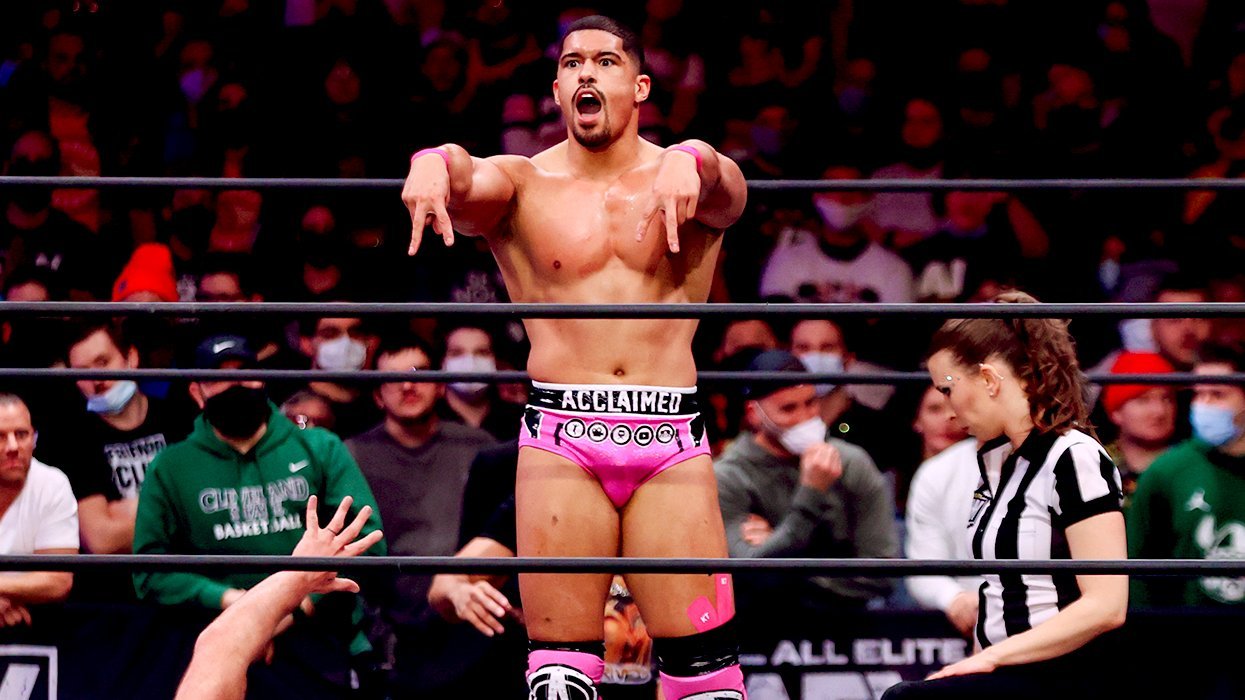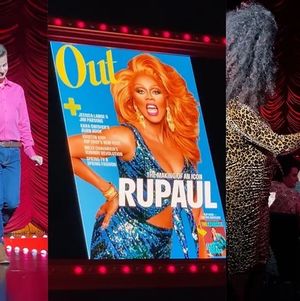Entertainment
CONTACTStaffCAREER OPPORTUNITIESADVERTISE WITH USPRIVACY POLICYPRIVACY PREFERENCESTERMS OF USELEGAL NOTICE
© 2024 Pride Publishing Inc.
All Rights reserved
All Rights reserved
By continuing to use our site, you agree to our Private Policy and Terms of Use.
Yesterday I began to cautiously hope that wed see the mainstream restoration of America, as The New Yorker magazine called it. But a long night of ups and downs was followed by this mornings inconclusive resultsand a revival of suspicions that in a winner take all political system, would-be winners have proved that they will indeed do all in order to grab victory.
In order to steel myself for what look like dark days (four years of them, actually) ahead, I was ready to resume a practice I began after the presidential election of 2000: at that time, I started dipping back into American history from the period of the countrys founding, looking for inspiration and solace where I could find it. While parts of that history reinforced my conviction that the country has strayed far from the promise of its beginnings, it also provided surprising consolation to see the vitality of our national experiment. This morning, Im tempted to plunge back to the 18th century (and pull the covers over my head), but instead I decided to revisit some much more recent history instead.
One of the few shining moments of the past few months has been the emergence of Senator-elect Barack Obama of Illinois. In a political playing field marked by vicious appeals to narrow self-interest and intolerance, he has provided some of the genuinely inspirational moments of political speechmaking in the past few years. Id like to think that his election provides some hopeful signs for the rest of the country, but his victory over an opponent who has to be considered shrill and extreme even by GOP standards may simply show that at the very least, the electorate likes its right-wing fire-breathers to keep at least the appearance of civility.
Whatever his huge victory means for the rest of the country, its significant because of the idealism of his aspirations and the inclusiveness of his vision he expressed in his Democratic Convention keynote speech. When he refuted the polarized Red State/Blue State analysis of the country, he did it by embracing all groups (yes, including at least a mention of gay people) in a manner that weve rarely seen during the past four years. This non-Bible thumper cited a scriptural sentiment that we never seem to hear from the self-proclaimed guardians of the nations moral values: Its that fundamental belief: I am my brothers keeper, I am my sisters keeper that makes this country work. Its what allows us to pursue our individual dreams and yet still come together as one American family.
Looking for things to be hopeful about is probably healthierand more realisticthan entertaining fantasies of seeking political asylum in Canada or the Netherlands. The other thing I hold onto comes from recent history, and from an article I recently edited on the dark prospects for gay people in one of our own 50 statesAlabama. When gay activists there were asked why they didnt leave in the face of such oppressive conditions and blatant homophobia, their answer was that the state belonged to them as well, and that no one would force them out. Back in 1989, one of the most moving sights of the political change in Europe was the sight of East German crowds who marched and chanted Wir sind das VolkWe are the people. Ill try to remember that especially when I feel like Im being read out of the Constitution, and by extension, out of my citizenship in the land.
Want more breaking equality news & trending entertainment stories?
Check out our NEW 24/7 streaming service: the Advocate Channel!
Download the Advocate Channel App for your mobile phone and your favorite streaming device!
From our Sponsors
Most Popular
38 Male Celebs Who Did Full Frontal Scenes
November 17 2023 5:18 PM
These are all the celebrities Who came out as LGBTQ+ in 2023
December 31 2023 12:19 PM
32 LGBTQ+ Celebs You Can Follow on OnlyFans
October 25 2023 3:15 PM
26 actors who showed bare ass in movies & TV shows
February 28 2024 1:50 PM
21 LGBTQ+ reality dating shows & where to watch them
April 03 2024 4:01 PM
15 Unforgettable Gay Kissing Scenes From TV & Movies
February 14 2024 10:20 AM
14 queens who quit or retired from drag after 'RuPaul's Drag Race'
April 04 2024 12:56 PM
40 steamy celebrity Calvin Klein ads we'll always be thirsty for
January 04 2024 10:54 AM
The 15 Best LGBTQ+ Movies of 2023
December 04 2023 10:32 AM
Watch Now: Advocate Channel
Trending Stories & News
For more news and videos on advocatechannel.com, click here.
Trending Stories & News
For more news and videos on advocatechannel.com, click here.
Latest Stories
Kennedy Davenport finally explains the rumored 'All Stars 3' drama with Trixie Mattel
April 16 2024 4:16 PM
Watch the queens from 'Drag Race Live' hilariously reveal Out's RuPaul cover
April 16 2024 4:10 PM
Noah Beck claps back at people who assumed he's gay for hugging a male friend
April 16 2024 4:03 PM
Jonathan Bailey's next gig is being lined up & it involves dinosaurs & ScarJo
April 16 2024 2:12 PM
Queens were showing out & shining bright at The Center's fundraising dinner
April 16 2024 1:37 PM
Wanna hookup internationally? Grindr's new feature helps you do that
April 16 2024 12:58 PM
Ricky Martin reveals 'very discreet' man he's met in exclusive new 'Palm Royale' clip
April 16 2024 11:56 AM
This morning was PURE CHAOS in the Bravo universe
April 15 2024 7:35 PM
Wrestling stud Anthony Bowens stuns in sweaty & steamy gym selfie
April 15 2024 4:56 PM
Billie Eilish kissed a girl at Coachella & we're FREAKING OUT
April 15 2024 4:19 PM
Writing helped save one queer poet's life—now he wants to help others feel seen & heard
April 15 2024 4:08 PM
Diplo showed off his bare ass & we really want to lean on it
April 15 2024 3:10 PM


















































































